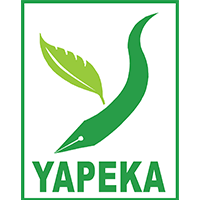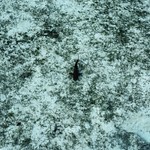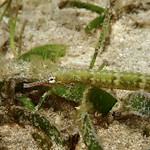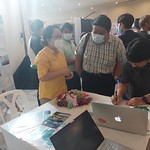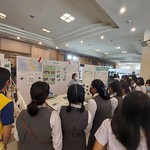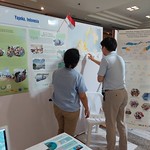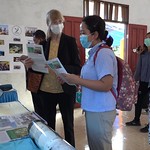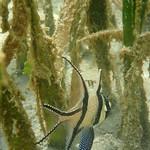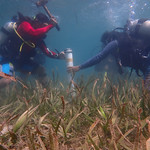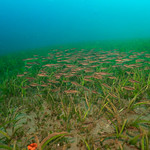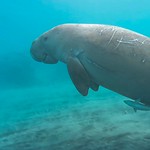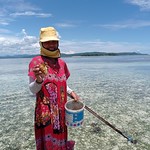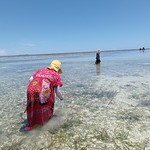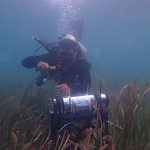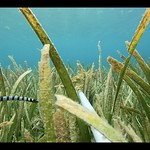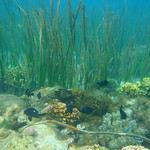YAPEKA is a non-profit organization that aims to establish community-based conservation efforts across Indonesia. Through the concept of ‘learning through nature’, YAPEKA concentrates on building community awareness and developing education programmes to help communities sustainably manage their natural resources.
YAPEKA has a particular focus on rural areas in or around key biodiversity sites, such as marine protected areas (MPAs) and national parks. In 2019, YAPEKA was named the best Environmental Civil Society Organization in Indonesia and in the same year, UN Habitat ranked YAPEKA’s Gili Island Solid Waste Management Project as one of the global top-20 innovative ways to transform waste.
In 2019, YAPEKA was named the best Environmental Civil Society Organization in Indonesia.
Since 2013, YAPEKA has been working with local communities in North Sulawesi to raise awareness on the importance of seagrass in preserving the health and sustainability of the region’s coastal ecosystems. In 2016, YAPEKA introduced dugongs as a flagship species for community-based conservation efforts.
YAPEKA will be implementing the Seagrass Ecosystem Services Project in several villages in North Sulawesi, where they have previously worked to establish locally managed marine protected areas (LMMAs). The livelihoods of these communities are primarily fisheries-based and as such, many have established their own unique coastal natural resources management.
For example, in January 2020, the Bulutui community in North Sulawesi decided to close one of their traditional octopus fishing locations in order to manage their resources more effectively. Now known as (the home of the octopus), octopus may only be caught in this area once every three months during a seven-day fishing period.
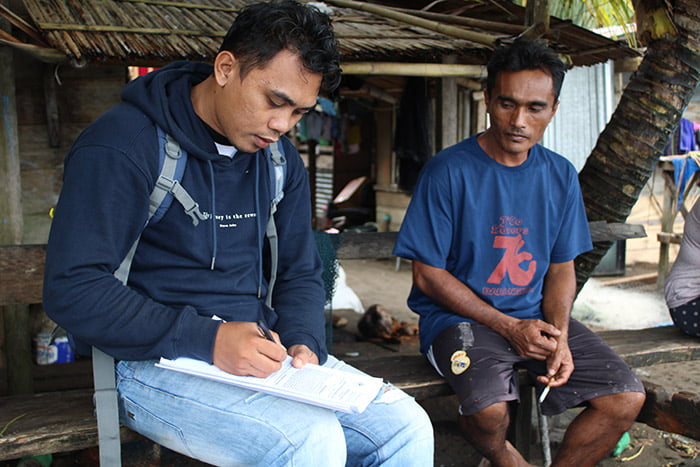
Dugong Catch & Bycatch questionnaire training in Sangihe. (© Yapeka, Indonesia. 2020)
The Bahoi community set up a LMMA in the early 2000’s. Almost 20 years later, the local community enthusiastically report that they now easily catch larger fish, witness more biodiversity and no longer need to travel long distances by boat in order to find fish. This initiative has been so successful that Bahoi village is now a learning point for surrounding communities to explore how to implement community based LMMAs.
The Seagrass Ecosystem Services Project in Indonesia is aiming to build on these community conservation efforts by strengthening resilience and reducing reliance on marine resources, through a range of innovative business models. To achieve this, YAPEKA will work with local fishing communities in North Sulawesi to establish commercial spirulina farms, a nutritious low-cost food source with a growing global market. They will also work with Blue Ventures to establish conservation ecotourism, starting with establishing local homestay enterprises.
Bahoi village is now a learning point for surrounding communities to explore how to implement community based LMMAs.
SES Project Locations
